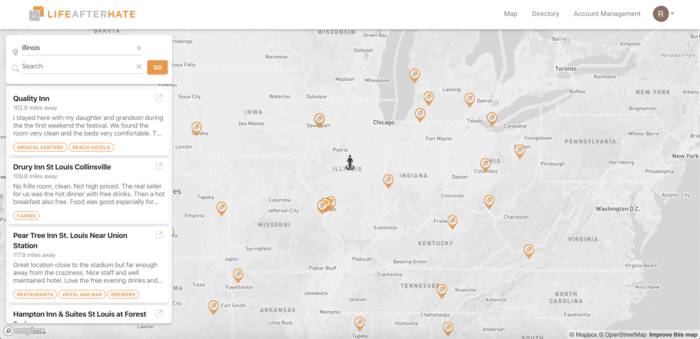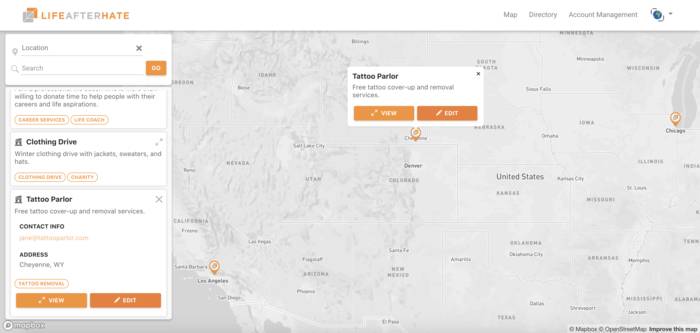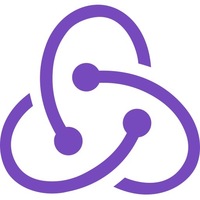Number of Supporters
30K+
Men and Women helped
150+
Formers Actively Involved
50+
Problem

Solution

Often, LAH members and ExitUSA™ volunteers receive resource requests for specific services from service recipients. These requests can range from mental health support to tattoo removal to housing services. Resources are stored in individual staff emails, in LAH’s online ticketing system Supportbee, and in Smartsheets; therefore, when a referral needs to be made or a crisis occurs with an existing or new service recipient, they can lose precious time trying to track down resources. These referrals can take as long as days, and in time-sensitive scenarios LAH loses the ability to provide the logistical support that ExitUSA™ service recipients need.
We’ve built a centralized platform that allows for more efficient lookup and storage of ExitUSA™ program resources. Resources include contact information, vetting documentation, location, industry, description with any prior contact, link to website as applicable, year relationship established, and Life After Hate point of contact. Staff need a centralized location with all necessary information to quickly access needed details when conducting case management and face-to-face interventions. Data needs to be secured and location-restricted with account privileges such that only staff and volunteers can access resource data relevant to their needs. In the second semester of working on this project, our team worked on technical improvements to ensure a quality, well-tested product as well as building on top of features created in the first semester. This consisted of creating an automated system to issue updates and integrating Redux and RamdaJS to handle complex interactions between views and data. We also designated a “staging” and “production” version of the application to allow for mock data testing while sensitive data was only available to LAH staff.
Main Features

Project Team
Alan Fang
Sp20 & Fa19 Product Manager
Josh Byster
Sp20 & Fa19 Tech Lead
Aryn Harmon
Sp20 Software Developer
Eugenia Chen
Sp20 Software Developer
Angad Garg
Sp20 Software Developer
Josh Burke
Sp20 Software Developer
Evan Eckels
Sp20 & Fa19 Product Designer
Lauren Ho
Fa19 Software Developer
Albert Cao
Fa19 Software Developer
Alice Fang
Fa19 Software Developer
Gene Wang
Fa19 Software Developer
Rebecca Xun
Fa19 Software Developer



















